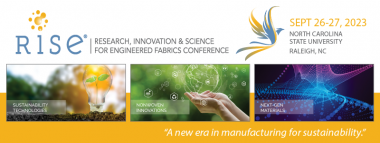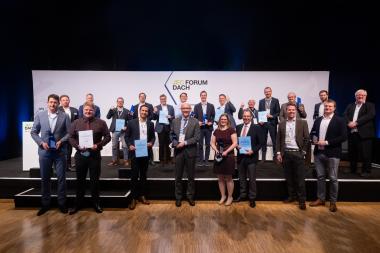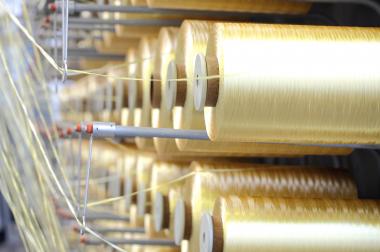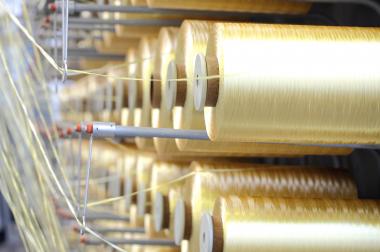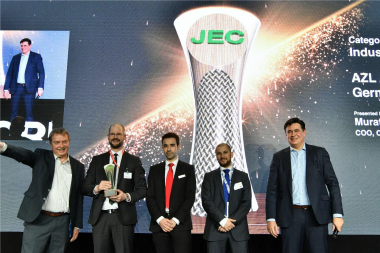AkzoNobel: Nominations for Supervisory Board
AkzoNobel has announced that Mrs. Jaska de Bakker, Mrs. Ute Wolf and Mr. Wouter Kolk will be nominated for appointment to the company’s Supervisory Board, while Mr. Byron Grote – currently Deputy Chair and Chair of the Audit Committee – will be nominated for a fourth term of one year.
Mrs. De Bakker is a financial leader with experience in strategy, governance and ESG. Currently a board member at various companies, she was previously CFO at Royal FrieslandCampina and at Royal HaskoningDHV.
Mrs. Wolf is a seasoned finance professional with more than 25 years of experience in financial management and corporate planning. She served as CFO of Evonik Industries AG for ten years and, prior to that, she held several senior positions within various industries and companies.
Mr. Kolk is the current CEO of Ahold Delhaize Europe and Indonesia. With more than 32 years of experience in commercial, operational, supply chain, strategic and general management roles, he brings a wealth of knowledge in different geographies and businesses.
Subject to the approval of his re-appointment, Mr. Grote will lead the supervision of the external auditor selection process, whereby the external audit firm of AkzoNobel will be replaced, starting with the audit of the 2026 financial statements. His re-appointment also ensures continuity during the change of the PWC lead partner in charge of the AkzoNobel account, as of the audit of the 2024 financial statements.
The appointments and re-appointment will be put to shareholders for approval at the Annual General Meeting being held on April 25. Mrs. Pam Kirby, who is completing her second four-year term, will step down as member of the Supervisory Board as per the same date.
AkzoNobel








